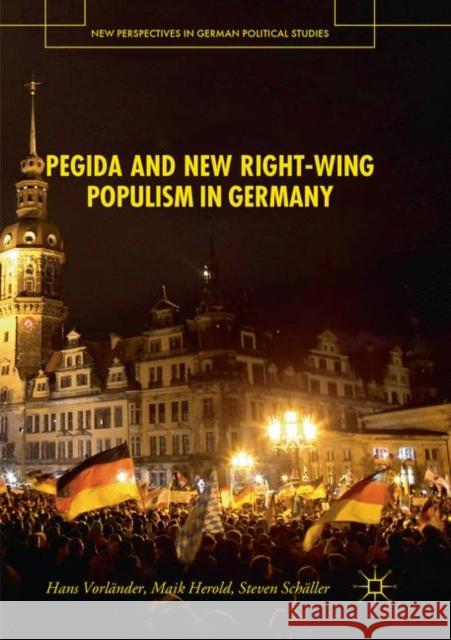Pegida and New Right-Wing Populism in Germany » książka
topmenu
Pegida and New Right-Wing Populism in Germany
ISBN-13: 9783030098025 / Angielski / Miękka / 2019 / 212 str.
Kategorie BISAC:
Wydawca:
Palgrave MacMillan
Seria wydawnicza:
Język:
Angielski
ISBN-13:
9783030098025
Rok wydania:
2019
Wydanie:
Softcover Repri
Ilość stron:
212
Waga:
0.28 kg
Wymiary:
21.01 x 14.81 x 1.22
Oprawa:
Miękka
Wolumenów:
01
Dodatkowe informacje:
Wydanie ilustrowane











